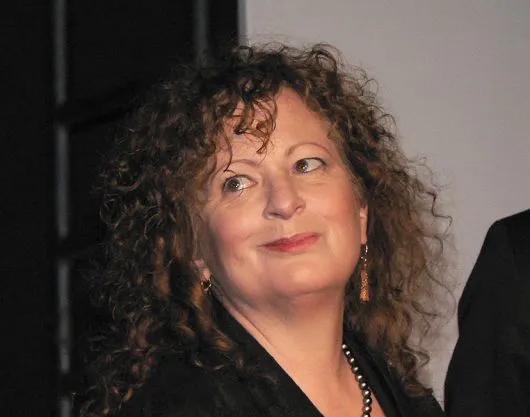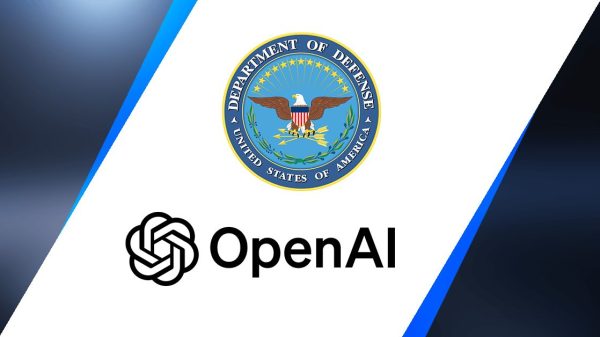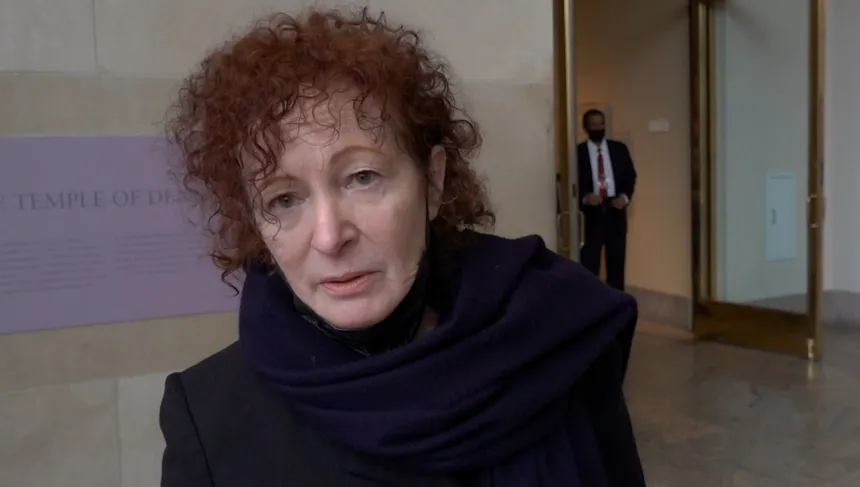Artist and activist Nan Goldin has spoken out against the Sackler family, who founded the pharmaceutical company Purdue Pharma, in an interview with Channel 4 News. Goldin is the founder of the campaign group P.A.I.N. (Prescription Addiction Intervention Now) and has been a vocal advocate for taking action against the company’s role in the US opioid crisis.
Reflecting on her battle against Purdue Pharma, Goldin said, “We went after the pharmaceutical companies… making money off the bodies of millions of people.” She also spoke candidly about her struggles with opioid addiction, which she developed after being prescribed OxyContin for a wrist injury. “It’s a stripping of your skin and a darkness of your soul,” she said, describing the withdrawal process.
Goldin’s struggles with addiction began after she was prescribed OxyContin for a wrist injury, and she eventually became addicted to the drug. She stated that the pharmaceutical company took advantage of her vulnerability, and failed to provide adequate information about the risks associated with the medication.
Goldin’s story is also the subject of a documentary, “All the Beauty and the Bloodshed,” which explores her campaign against the Sacklers and Purdue Pharma, as well as her struggles with addiction. The documentary has been nominated for an Academy Award for Best Documentary Feature and is also a contender for the BAFTA for Best Documentary.

Nan Goldin (Via Nan Goldin/Twitter)
The Sackler family has been criticized for their role in the opioid crisis, which has led to the deaths of thousands of people. Many institutions, including the British Museum, National Portrait Gallery, Tate, and the Roundhouse, have distanced themselves from the family by refusing further donations and removing their name from galleries, rooms, and endowments.
Goldin has also organized protests in some of these institutions, calling for greater accountability and action from the pharmaceutical industry. She stated, “Given these times, everybody has to put their body on the line. Every single person has to find a way to fight back against the injustice and darkness.”
In response to the interview, a spokesperson for Purdue Pharma emphasized the company’s focus on concluding its bankruptcy and delivering funds to address the opioid crisis. However, Goldin remains critical of the company’s actions, stating that they have “missed the chance to take away my voice.”
The controversy surrounding Purdue Pharma and the Sackler family raises important questions about accountability, responsibility, and the role of pharmaceutical companies in public health crises. As Goldin’s story continues to gain attention, it is clear that the fight against the opioid crisis is far from over.











































